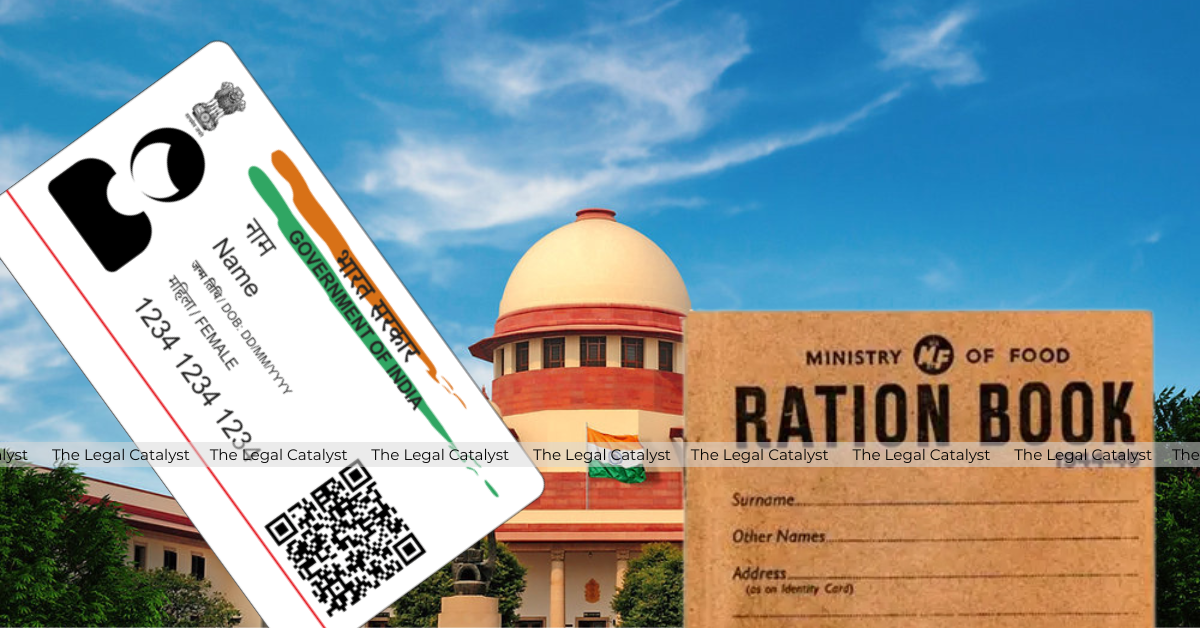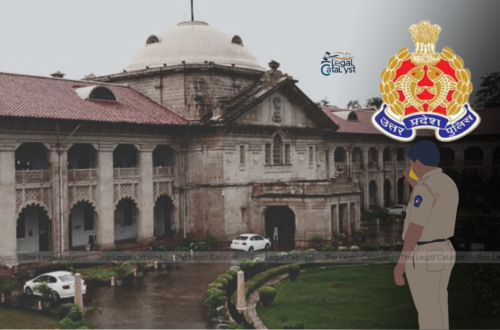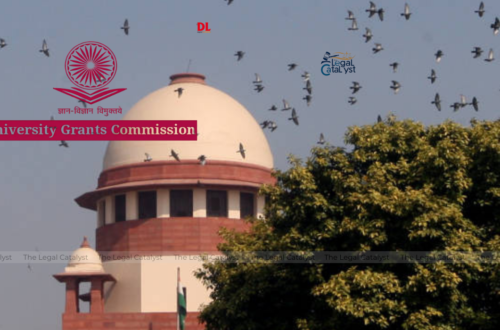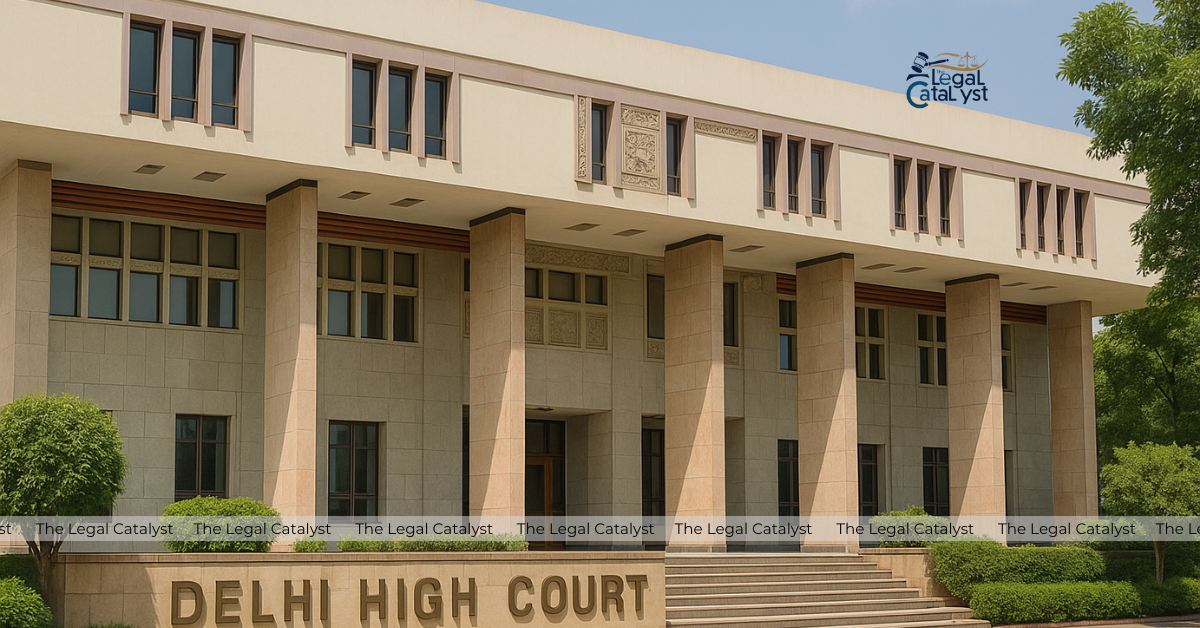The Election Commission of India (ECI) has informed the Supreme Court. They stated that neither Aadhaar cards nor ration cards can be treated as valid proof of eligibility. This is for inclusion in the electoral rolls during the ongoing Special Intensive Revision (SIR) exercise in Bihar.
The Commission filed a detailed affidavit before the apex court. It stated that both documents fail to meet the requirements under Article 326 of the Constitution. This article governs the right to vote.
“Aadhaar has not been included in the list of 11 documents provided in the Enumeration Form. It does not help in screening the eligibility under Article 326,” the ECI clarified. The ECI added that while Aadhaar may help establish identity, it cannot confirm citizenship.
The affidavit further noted that Aadhaar cards issued after January 2024 explicitly carry a disclaimer. It states that “Aadhaar is not proof of citizenship.” To support its stance, the ECI cited rulings including the Calcutta High Court’s judgment in Rani Mistri v. State of West Bengal. The court held that an Aadhaar card “shall not confer any right of citizenship.” It is also not proof of domicile.
Still, the Commission confirmed that Aadhaar numbers are being optionally collected during the revision process in Bihar. This is solely for identity verification purposes under Section 23(4) of the Representation of the People Act, 1950.
The Commission addressed the issue of ration cards. It adopted a similar approach. It stated that such cards—issued under the National Food Security Act—are not included in the prescribed list of documents. This is due to the prevalence of “fake and temporary cards.” Nonetheless, it clarified that the 11-document list is not exhaustive and additional supporting evidence can be considered.
The affidavit responded to petitions. They expressed concern that the SIR process may result in the disenfranchisement of marginalised groups in Bihar. The ECI rejected these fears. It assured the Court that the revision is being carried out to strengthen electoral inclusion. It is not aimed at exclusion.
“The Petitioners’ contention is incorrect,” the Commission submitted. They argued that failure to submit the Enumeration Form will result in disenfranchisement. They also stated that the period of thirty-one days for such submission is insufficient.
The matter is currently being heard by the Supreme Court. The outcome is likely to influence how future voter eligibility drives are conducted across the country.
Connect with us on Instagram – X – LinkedIn for daily updates, quizzes, and other materials.
Also Read
Kanwar Yatra: Supreme Court Says Customers Must Know If Restaurant Previously Served






